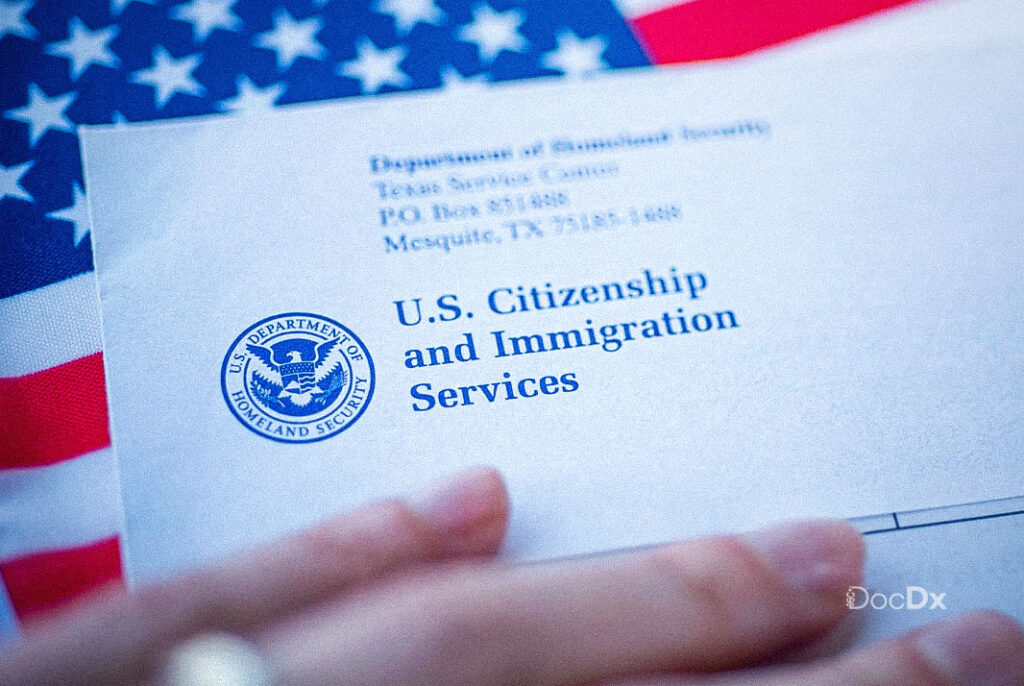An immigration physical exam is a mandatory step for anyone applying for a U.S. visa, green card, or adjusting their immigration status. This medical examination ensures that applicants meet the health requirements set by U.S. Citizenship and Immigration Services (USCIS). Preparing for your immigration physical exam properly can help the process go smoothly and improve your chances of meeting the medical requirements.
In this comprehensive guide, we’ll cover everything you need to know about immigration physical exams, including what to expect, the necessary documents, and tips for a successful exam.
What is an Immigration Physical Exam?
The immigration physical exam is a medical evaluation required by U.S. Citizenship and Immigration Services (USCIS) for all visa and green card applicants. The purpose of the exam is to ensure that individuals do not have communicable diseases, mental health issues, or other medical conditions that could make them inadmissible to the U.S.
The exam must be conducted by a USCIS-approved civil surgeon, and the results are submitted as part of your immigration application.
Who Needs an Immigration Physical Exam?
Any individual applying for permanent residency (green card), certain types of visas, or adjustment of status must complete an immigration physical exam. This includes:
- Immigrant visa applicants
- Refugees and asylum seekers
- Certain non-immigrant visa applicants
It’s essential to schedule your immigration physical exam near me early in the application process to avoid delays.
How to Find a USCIS-Certified Civil Surgeon
Only doctors authorized by USCIS, known as civil surgeons, can perform immigration physical exams. You can find a certified doctor by searching the USCIS website or asking your attorney or local health provider for recommendations.
If you are in Maryland, immigration physical exams are available at trusted clinics that specialize in USCIS-approved exams. It’s important to choose a provider who is experienced in immigration health requirements to ensure your exam is completed properly.
Immigration Physical Exam Requirements
The immigration physical exam consists of several components:
- Medical history review: The doctor will review your health history and any previous illnesses or surgeries.
- Physical examination: This includes a general check-up to assess your overall health.
- Required vaccinations: Certain vaccinations are required for immigration, such as MMR (measles, mumps, rubella), Tdap (tetanus, diphtheria, pertussis), and the COVID-19 vaccine.
Required Vaccinations for Immigration Exams
USCIS requires that all applicants be up to date on their vaccinations to ensure public health safety. The most commonly required vaccinations include:
- Measles, Mumps, Rubella (MMR)
- Tetanus and Diphtheria (Tdap)
- Varicella (chickenpox)
- Influenza (during flu season)
- COVID-19 vaccine
Your civil surgeon will review your vaccination records and administer any vaccines that you may need to update. If you need help getting up to date on vaccines, visit primary care services for routine immunizations.
What to Bring to Your Immigration Physical Exam
To ensure a smooth exam process, be sure to bring the following items to your appointment:
- Government-issued ID (such as a passport)
- Vaccination records showing proof of required immunizations
- Medical history or records of past surgeries, treatments, or chronic conditions
- Form I-693: This form, “Report of Medical Examination and Vaccination Record,” must be filled out by the civil surgeon during your exam.
What Happens During the Exam?
During your immigration physical exam, the civil surgeon will:
- Review your medical history and vaccination records.
- Conduct a physical examination to check for any signs of illness or communicable diseases.
- Perform tests such as blood work or a chest X-ray to screen for conditions like tuberculosis.
- Review any medications you are currently taking.
Once your exam is complete, the doctor will fill out Form I-693 and seal it in an envelope for you to submit to USCIS.
Tips for Passing the Immigration Physical Exam
- Stay up to date on vaccinations: Ensure that all of your immunizations are current before the exam.
- Bring all necessary documents: This includes your ID, medical history, and vaccination records.
- Communicate openly with your doctor: Discuss any chronic conditions or medications you’re taking to ensure they are appropriately noted in your exam.
Frequently Asked Questions About Immigration Physical Exams
- Do I need to fast before the exam? In most cases, fasting is not required, but follow your civil surgeon’s instructions.
- Can I bring my own vaccination records? Yes, bring all relevant vaccination documentation to avoid getting unnecessary shots.
- How long is the medical exam valid? Your immigration medical exam is typically valid for 2 years.
How Long Does It Take to Get Results?
After completing your exam, the civil surgeon will prepare the necessary paperwork and provide your medical results, which are usually available within a few days to a week. Be sure to submit your Form I-693 as part of your immigration application to avoid delays.
What to Do If Your Exam Results Are Delayed
If your exam results are delayed due to additional testing or other issues, contact your civil surgeon to discuss the situation. They may need to provide further documentation to USCIS if results take longer than expected.
When to Renew an Expired Exam
If your immigration physical exam results expire before USCIS processes your application, you may need to retake the exam. Be sure to schedule your exam at a time that ensures the results will remain valid throughout your application process.
The Role of Routine Physical Exams for Immigrants
After completing the immigration process, maintaining your health with regular physical exams is essential. Scheduling a routine physical exam ensures that you continue to monitor and manage your health long after your immigration exam is complete.
Conclusion
Completing an immigration physical exam is a critical step in the immigration process. By following these guidelines, staying up to date on vaccinations, and ensuring you have all required documents, you can make the process smoother and avoid delays. If you’re looking for an immigration physical exam near me, consider visiting trusted providers who specialize in meeting USCIS requirements.


